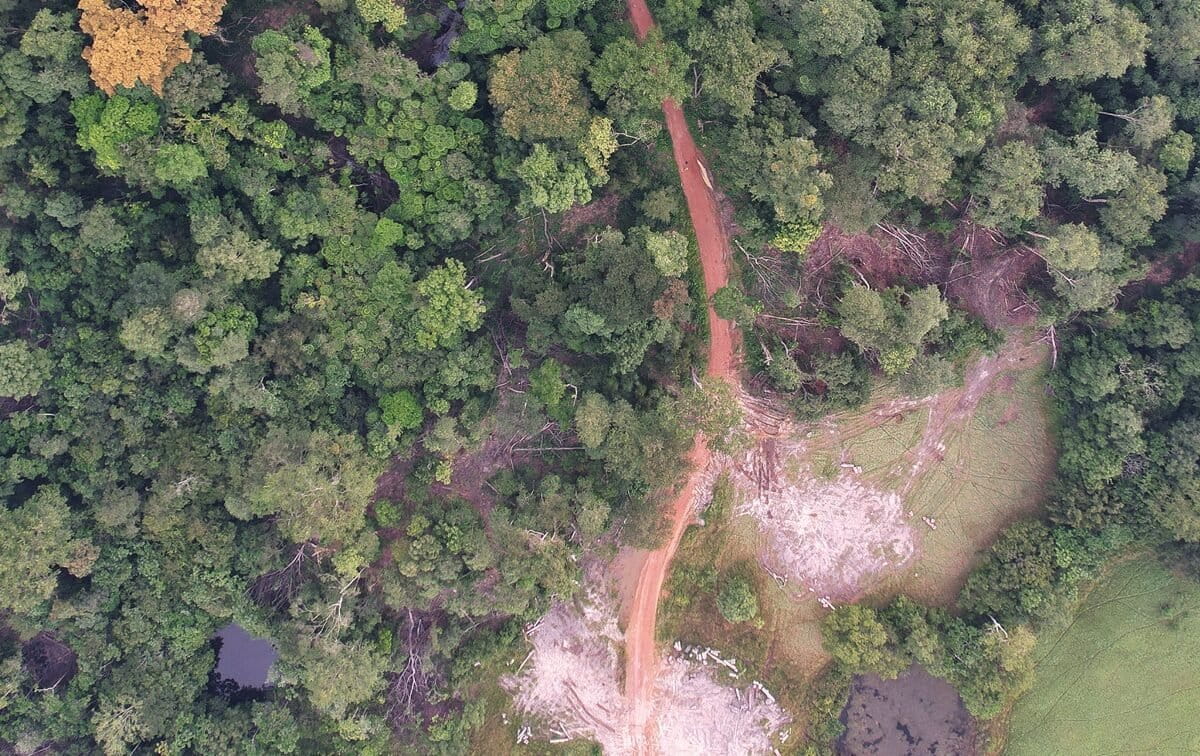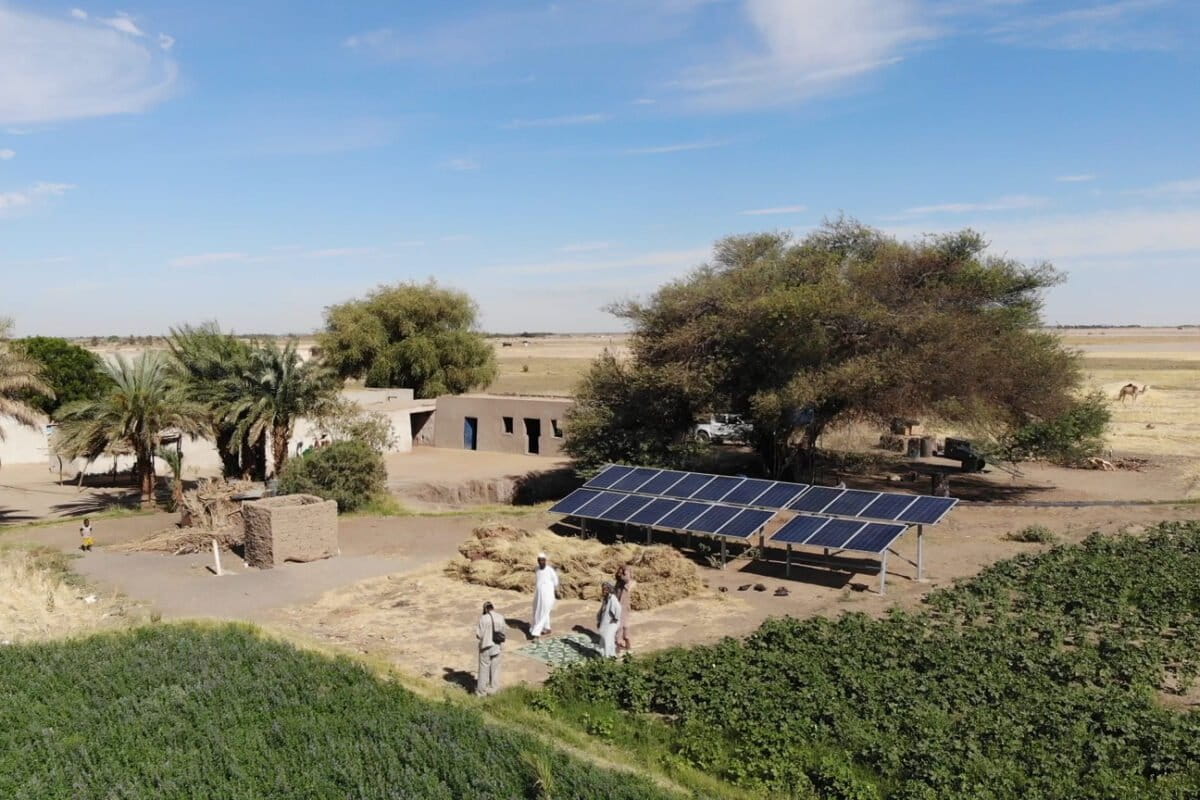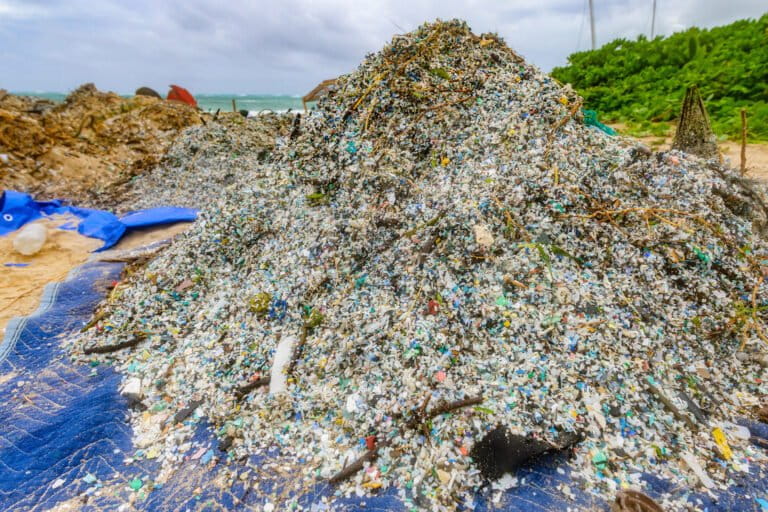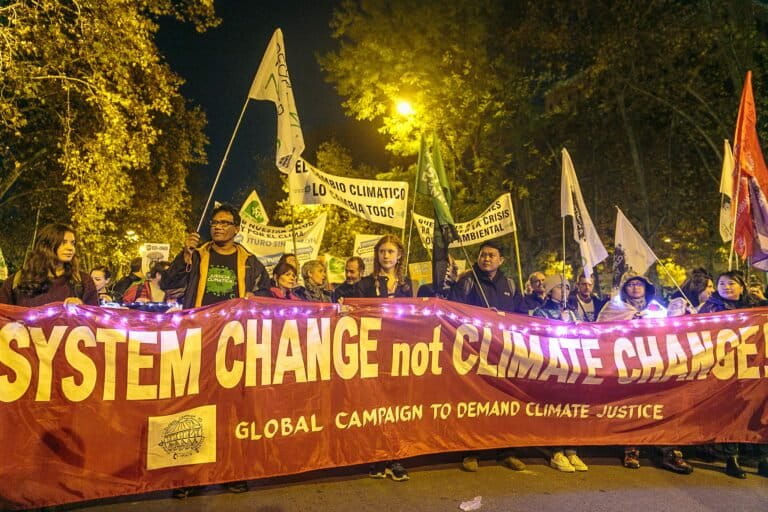The world’s top court has issued a landmark advisory opinion saying that countries are legally obligated to protect the environment and present and future generations from the impacts of climate change.
This obligation, the U.N.’s International Court of Justice (ICJ) said on July 23, is grounded in existing environmental and human rights treaties. It also said states that fail to prevent climate harm and continue to support the use of fossil fuels may open themselves to future legal cases for reparations by vulnerable nations.
“If states have legal duties to prevent climate harm, then victims of that harm have a right to redress,” Sebastien Duyck, senior attorney at the Center for International Environmental Law (CIEL), said in an emailed statement. “In this way, the ICJ advisory opinion does not only clarify existing rules, it creates legal momentum. It reshapes what is now considered legally possible, actionable, and ultimately enforceable.”
The ICJ’s opinion was prompted by a historic hearing in December 2024, when representatives from more than 100 countries and organizations argued before a 15-judge panel on what legal obligations major greenhouse gas-emitting nations have under international law to address climate change, and how they can be held accountable for the harms they’ve caused.
Small island nations like Vanuatu, Timor-Leste and Tuvalu emphasized that climate change threatens their very existence. They pointed out that a handful of industrialized nations have caused the climate crisis while expanding their fossil fuel extraction and use. Major emitters like the U.S., U.K., Germany, Saudi Arabia and China argued the ICJ wasn’t the right forum to define climate obligations, and that existing climate treaties like the Paris Agreement were adequate. (The U.S. has since announced its withdrawal from the Paris Agreement, for a second time.)
In its advisory opinion, the ICJ said human-induced greenhouse gas emissions are “unequivocally” the main cause of climate change observed since the mid-20th century, which has caused widespread adverse impacts. The court also noted that the right to a clean, healthy and sustainable environment is a human right.
It said existing climate treaties aren’t the sole frameworks guiding countries’ obligations, with general international and customary law to prevent environmental harm and protect human rights also applicable. This means even countries like the U.S. remain legally obligated to prevent climate harm.
While the ICJ’s advisory opinion isn’t legally binding, it “will guide climate litigation at the local, regional, and national courts, and provide a foundation for climate policymaking, grounding local legislation and global negotiations in legal obligation,” CIEL said in a statement.
Elisa Morgera, U.N. special rapporteur on human rights and climate change, said in a statement: “The world’s highest court has made it clear: climate-harming activities violate international law and people’s rights. Governments must cut emissions to protect people’s lives and they must provide redress for the damage they’ve already caused.”
Banner image: Campaigners in The Hague, Netherlands, where the ICJ gave its advisory opinion. Image courtesy of Tengbeh Kamara/Greenpeace.














